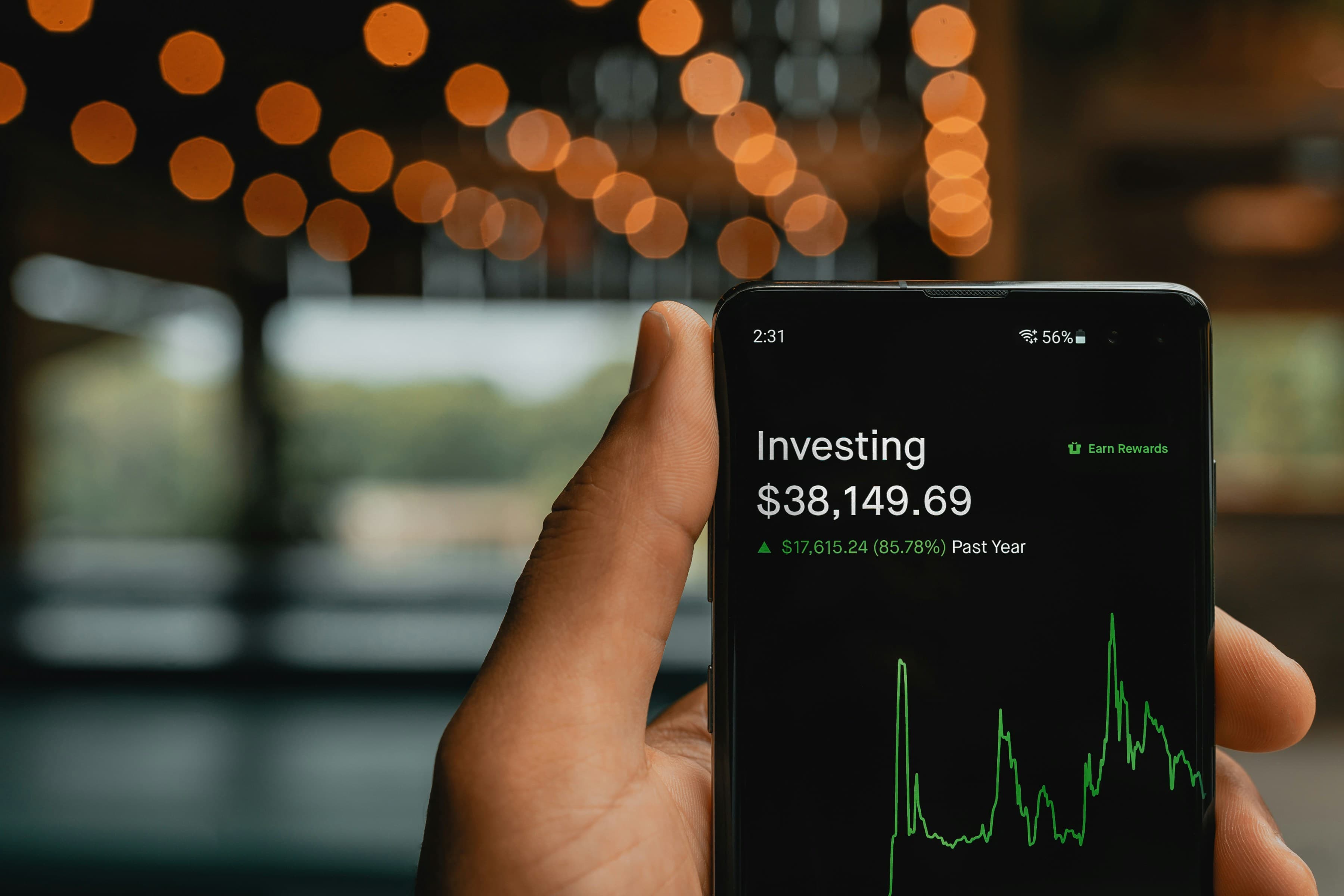I Worked on Wall Street and Knew Nothing About Money

I grew up in a house where financial literacy just wasn't a thing. We faced some tough lessons because of it, sometimes having no bank account at all, other times relying on check-cashing spots. I can’t bring myself to speak ill of the lottery, because scratch-off tickets were what got us through more than a few tight spots. The truth is, I was 26 years old before I even knew the stock market was a real thing.
It’s not like I was never around it. In college, one of my track teammates would sit mesmerized by the green and red numbers scrolling across the bottom of the TV screen before practice. I used to laugh at him and try to convince him to chase girls with me instead. He went on to become the treasurer of Disney. Years later, I found myself on Wall Street without having ever taken a single class in business, economics, accounting, or finance.
I landed a job only after coming up with some answer to the absurd interview question, “How will being a probation officer help you on Wall Street?” I still don’t remember what I said. But try to picture it: a 26-year-old Black man, completely clueless about money, standing in the heart of global finance, trying to answer that. It was in that moment, and over the 14 years that followed, that I learned everything I now know about saving and investing.
Learning the Hard Way
Along the way, I made just about every financial mistake you can imagine. But I had the privilege of working in an industry that forced me to confront my ignorance and fast-track my education. I don’t have one of those classic “my first stock” stories. I do remember finding out what a 401(k) was right after I started my first Wall Street job—and then promptly emptying it to cover living expenses.
That was just one in a long line of questionable financial decisions that anyone from my background could probably relate to. I bought flashy jewelry, got a nice car, wrecked my credit, and spent every dime I made. The irony of working in finance while being totally oblivious to the path to my own financial freedom isn’t lost on me. I was on Wall Street and couldn’t even tell you the difference between the buy-side and the sell-side. It was a strange, isolating experience.
I eventually moved to a brokerage “chop shop,” where I learned a lot more about stocks simply because I had to pitch them over the phone all day. That knowledge unexpectedly came in handy at my next gig in an advisor trainee program at Merrill Lynch. It was there that I finally started to understand really meant. I began managing my own 401(k), bought a bunch of Bank of America stock, and even sold myself a whole life insurance policy because I needed the sale to hit my goals. The term “financial planning” entered my vocabulary as I started working with wealthy families, seeing firsthand how they handled their money and built generational wealth. It was a fascinating look into the world of and the strategies they used to grow and protect their assets.
From Employee to Owner
I learned about Bitcoin in 2015 and started working with startup founders in 2016, which prompted me to leave Merrill and go independent in 2017. This shift was pivotal. Today, most of my investments are in crypto-assets and private company equity. I still do some , contribute to retirement accounts, and recently opened an HSA.
More importantly, I became a business owner after finally understanding the incredible wealth-building power of ownership. My path mirrored the journey of , which eventually blossomed into my primary focus. If you haven't guessed by now, I'm single. This gives me the flexibility to take on a significant amount of risk to make up for all the years I spent knowing nothing about personal finance or building a .
What started as a career has transformed into a , giving me control over my future. Looking back, the most critical lesson I've learned is the importance of leaving a legacy. When you come from where I come from and are fortunate enough to gain financial knowledge, you have a responsibility to share it. My mission now is to provide a blueprint for others to go from “illiteracy to legacy.”
That’s why my best investment to date has nothing to do with stocks or crypto. It’s the Tyrone Ross Jr. Athletic Endowment Fund at Georgia Tech. It’s the same school I was kicked out of shortly after opening my first bank account at age 18, right off campus. I guess if I had to sum up my entire investing history in one sentence, it would be this: failure pays the best interest.







